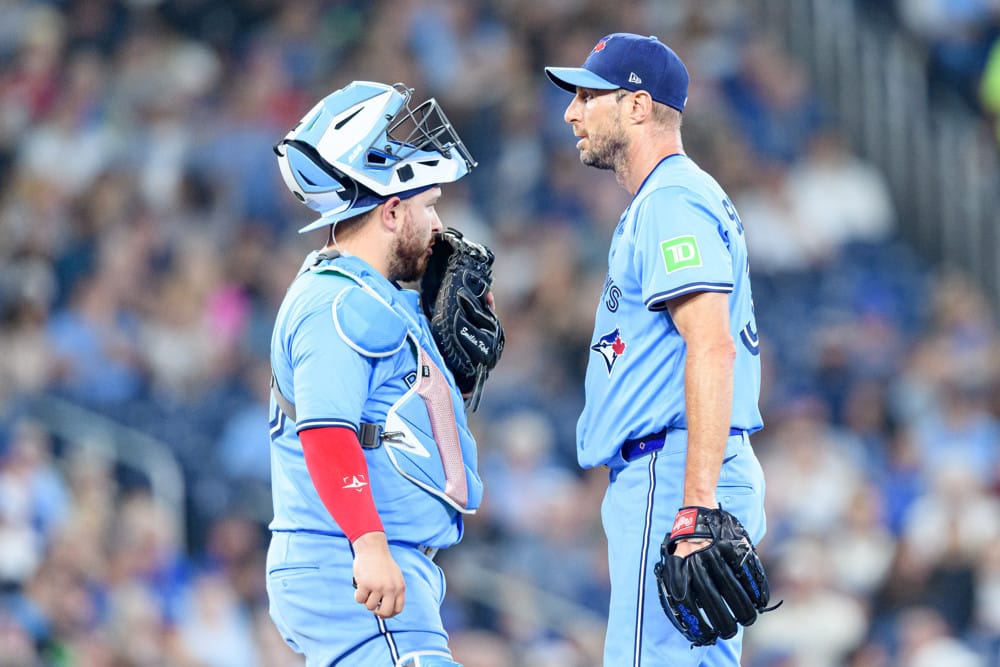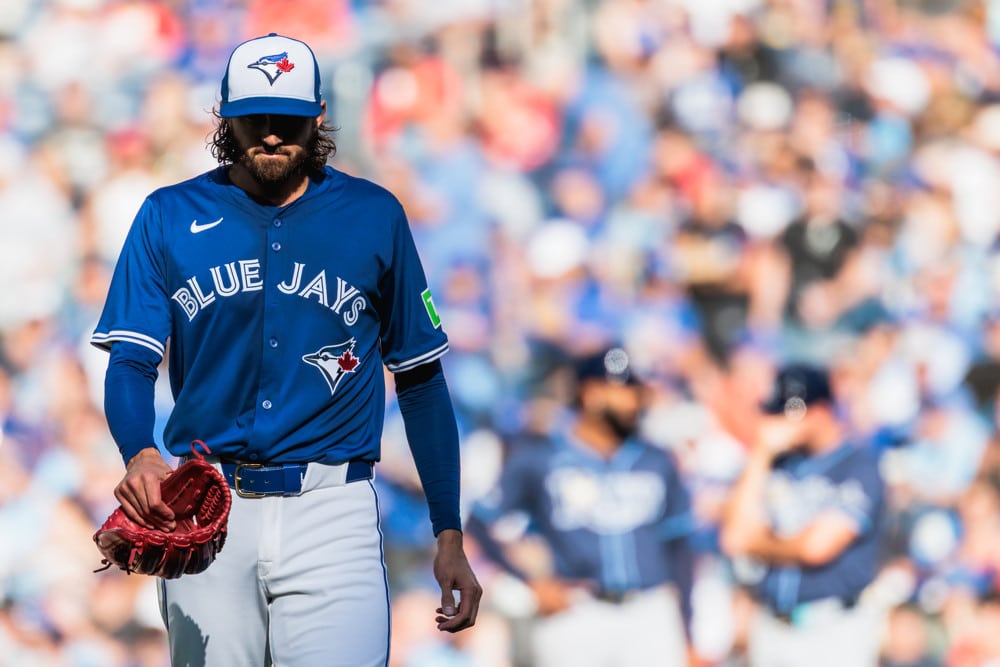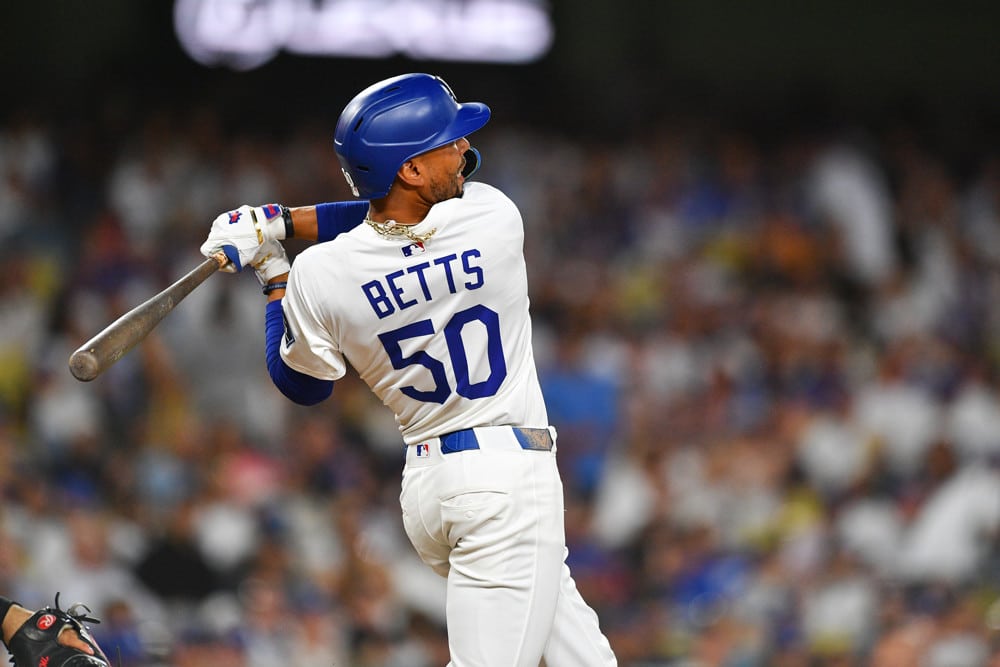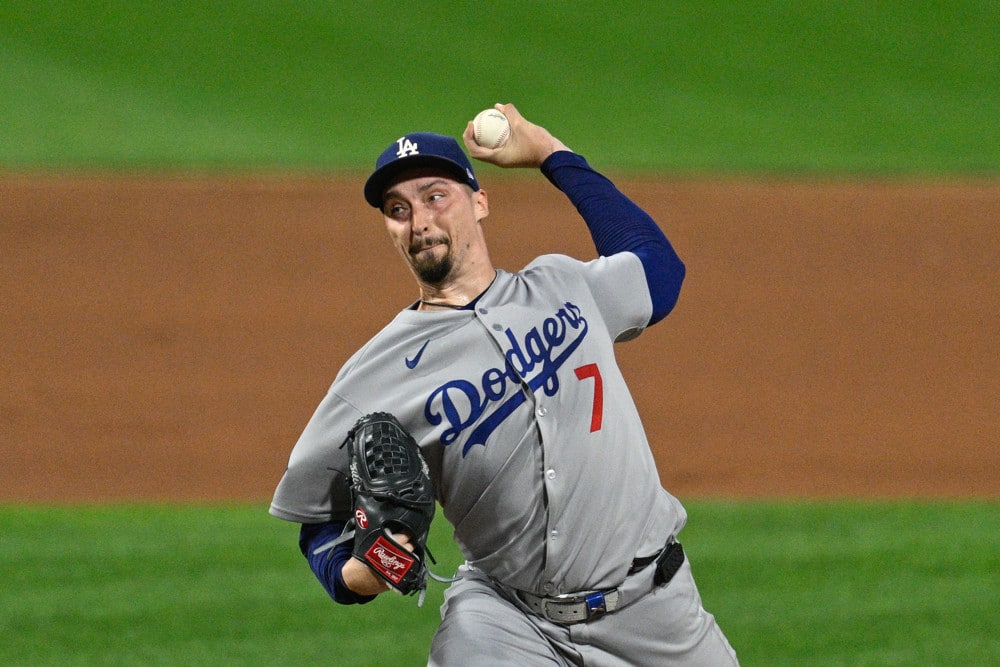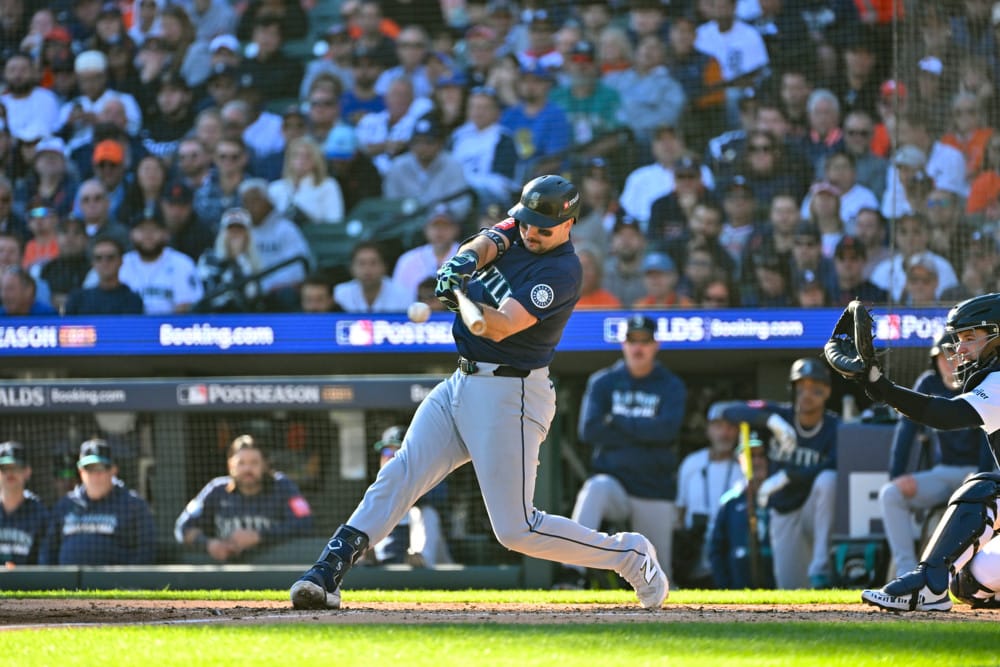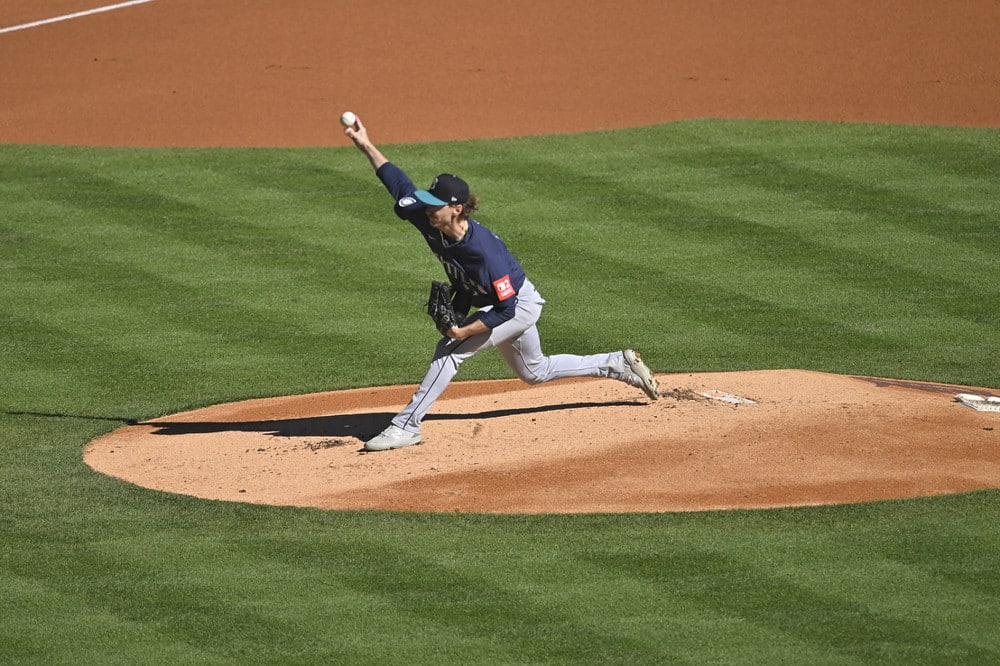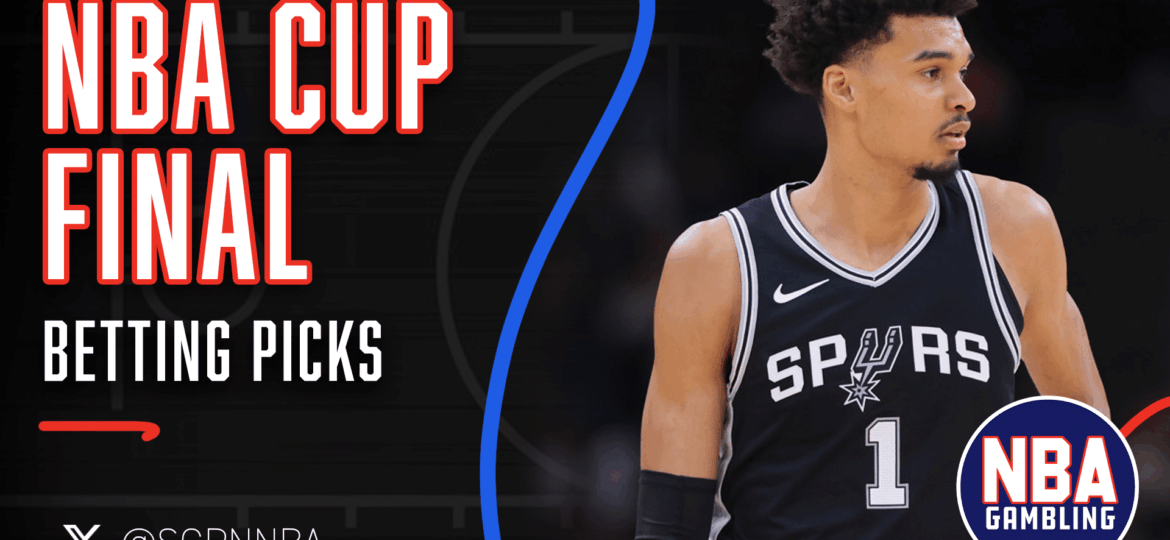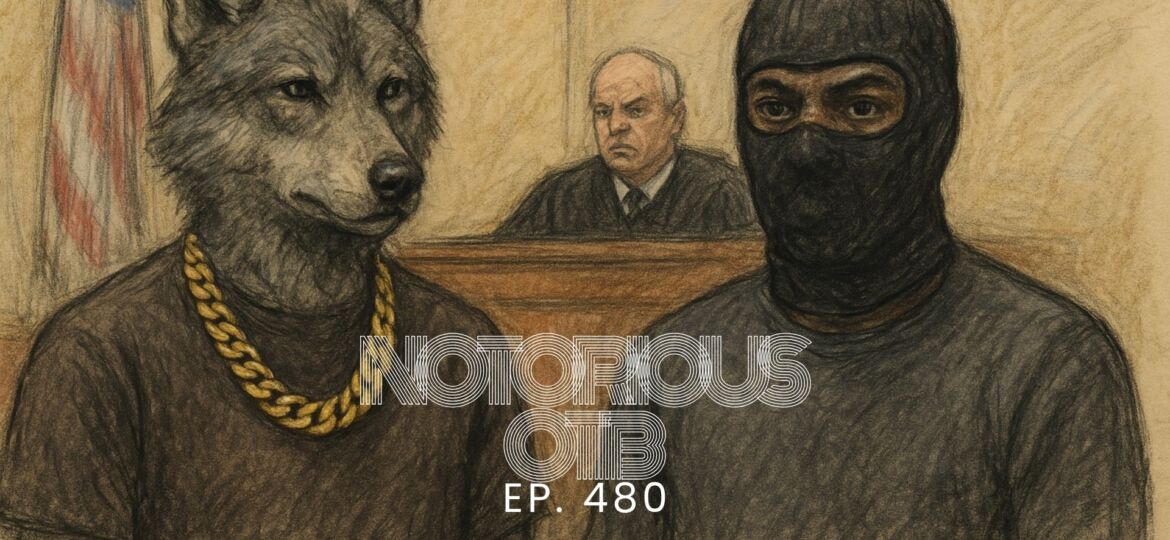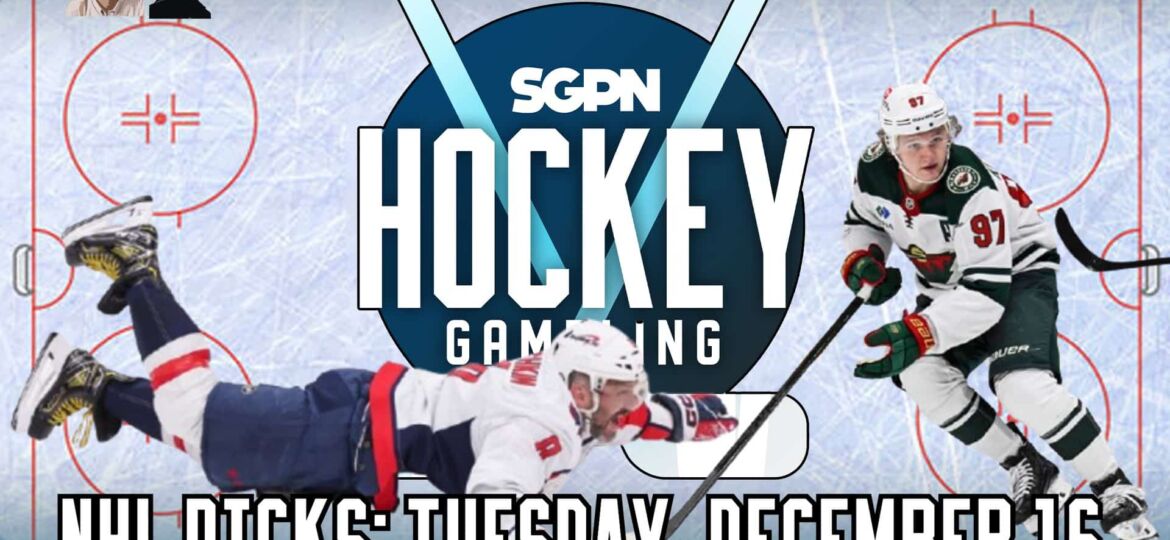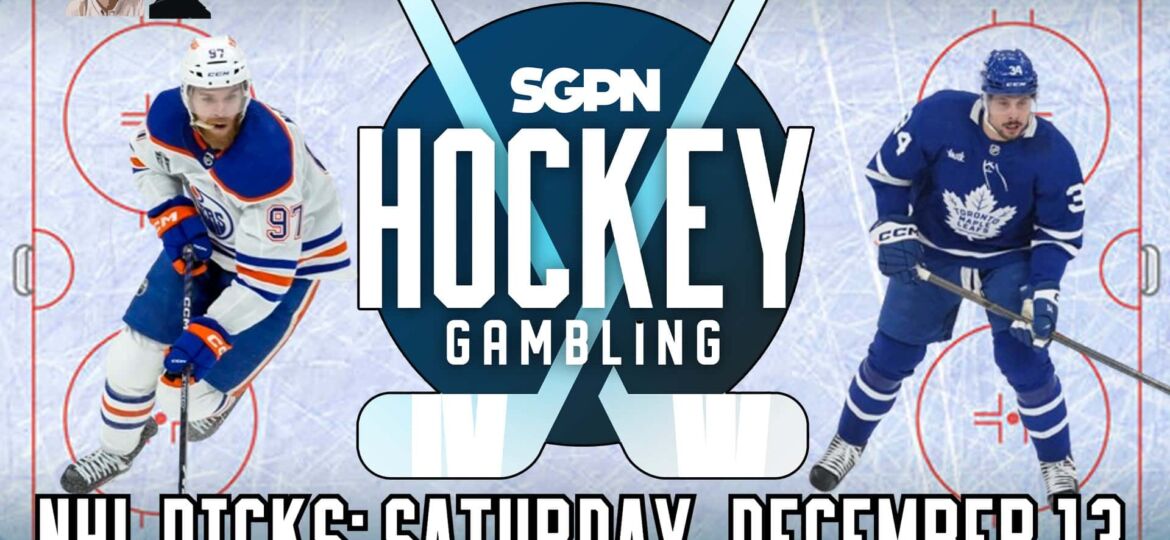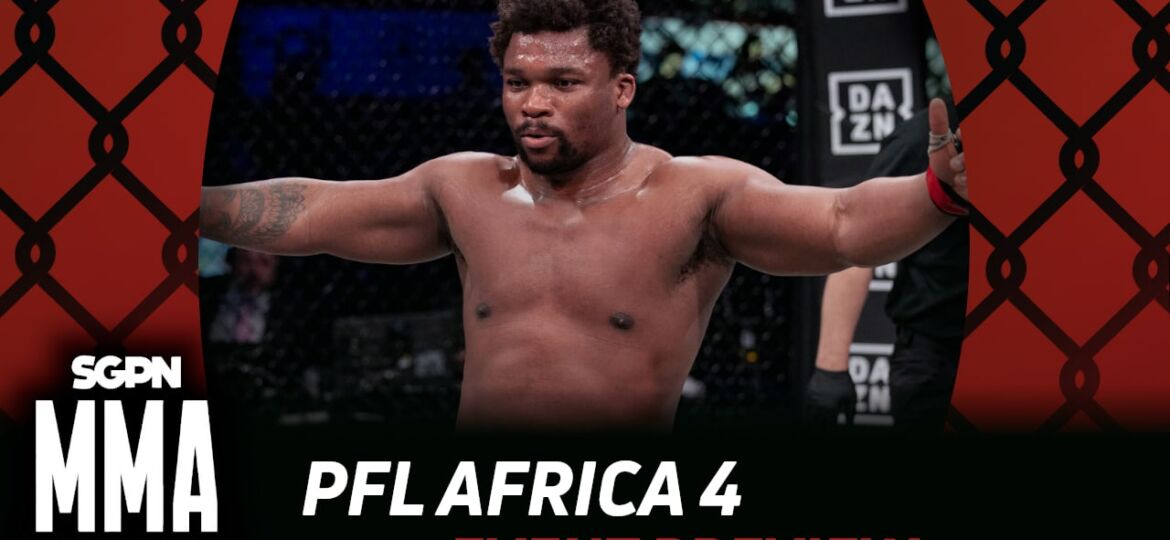If you’re something like me, the way that stockbrokers watch the market every morning when they wake up, I open up sports insights. They turn on CNN, I turn on ESPN. “Mad Money” is replaced with podcasts. The thing that has remained the same, however, is up until VSIN and a few select media outlets (SVP on ESPN, Sportsline on CBS) talking about sports gambling has been relegated to the shadows of podcasts and niche communities like Twitter, Reddit, and your degenerate friend’s group text messages.
The thing is, we’ve seen this pattern before. Did you know that technically running a march madness office pool is illegal and could land Martha from accounting in prison if it is played for money? In a big picture, the thing is nobody cares and the FBI has bigger fish to fry. But the parallel lies within one area. Fantasy and daily fantasy sports. But to go back to where this really started, let’s go back to the beginning with the online poker boom.
Once upon a time in degenerate-land, offshore poker sites were bigger than offshore sports betting. I know that may be hard to believe, but it’s true. With movies like Rounders and The World Series Of Poker securing an ESPN television deal, every 30-something-year-old male wanted to be the next Chris Moneymaker or Phil Ivey, the only problem being they didn’t have half the skill that is required to play poker on that scale.
From the 1990’s and forward, you had Rounders, Maverick, Casino, 21, Owning Mahoney, Bugsy, The Ocean’s 11 franchise, All In, Shade, The Cooler, The Gambler, and Runner-Runner all being released with some sort of a poker plot and not even diving into Two For The Money, which was released in 2005.
Poker became cool really fast, but there was one big problem, very few states had actual up and running casinos offering no-limit Texas Hold ’em, and if they did, they were usually a pretty far drive away to the closest Indian land, to be honest. Where there is money to be made, America and businessmen will always be there to get a piece of the pie. Don’t want to drive 2 hours to a casino? no problem. Want to play poker using a credit card? Come right over here, sir. Want to play in your living room in your underwear? You got it.
The Poker Boom
Enter the offshore poker boom. Poker Stars, Full Tilt Poker, and Absolute Poker burst onto the scene in a very mainstream way. Again, poker was cool for the first time in a long time, it was endorsed by celebrities, athletes, and everyone that a 20-30-year-old male wants to be. It’s just like Jorge Yung in the movie Blow said when asked how big they could take their up-and-coming cocaine empire, “The sky is the limit. It’s accepted by musicians and celebrities, the rest will follow.” In a very real parallel, offshore poker exploded the same way cocaine did in the late 80’s
It was a multi-billion dollar business almost overnight catering to everyone from very broke college kids to the rich and powerful, with everyone in between. In theory, it was a win-win for everyone. The taboo was lifted thanks to the mainstream attention of poker and people actually thought they weren’t doing anything wrong. Something along the lines of prostitution or marijuana-a victimless crime in their eyes.
The U.S Department of justice, however, disagreed. On April 15, 2011-a day that will forever be talked about with one less than endearing term became known as Black Friday. On that date, The U.S Department of Justice unsealed a 52-page indictment against top executives at Poker Stars, Full Tilt Poker, and Absolute Poker. All three companies immediately stopped doing business with U.S based customers and froze their accounts.
Everybody within the U.S lost everything. Accounts ranging from $10 to Millions was frozen, and very few were ever returned their funds. It was the equivalent to the stock market crash in this niche world and some looked at it worse than when the housing bubble came crashing down on that one fateful day, as there was no way to get even a piece of what people had deposited. The online poker world never recovered and truthfully the fad of poker died out on that day. Here’s a great article talking about Black Friday five years later.
The Daily Fantasy Parallel
To put this in perspective, in the same way, that people called themselves professional pokers while playing online, there is an eery parallel to the daily fantasy world. Imagine for a second that Draft Kings and FanDuel when you woke up this morning had been indicted by the U.S Justice Department and froze/seized every single penny in the accounts of all U.S players. I know what you’re thinking: that’s just impossible in today’s day in age. Draft Kings is legal and their offices are in downtown Boston, not offshore somewhere. It’s mainstream, the leagues are in bed with it, it couldn’t happen.
Well, being mainstream and accepted doesn’t make something off limits. In 2011, Poker Stars were the headlining sponsor of The North American Poker Tour By Mohegan Sun. This was the equivalent to all those daily fantasy commercials you see during every single NFL game. Obviously, the biggest glaring difference is the fact that all of those online poker companies were based offshore (sound familiar?) and all daily fantasy providers are based within The United States, so do I think there could be a daily fantasy version of Black Friday?
No, however, Arizona, Alabama, Hawaii, Idaho, Iowa, Louisiana, Montana, Nevada, Texas, and Washington have all banned it treating it the same as offshore poker, and it’s an issue states are grappling with daily. Remember what happened in New York?
So, what does this have to do with legalization in regards to sports betting? I’m getting there, I just thought it was important for you to have a history regarding online-gaming (Real online gaming-‘Sup Fortnite guys?)
Someone much smarter than me once said, “if you don’t learn from the past you are doomed to repeat it.” If you haven’t noticed, this cycle is happening the same exact way right in front of our eyes with sports betting. Sports gambling is becoming cool-the same way that poker and fantasy sports became cool-by mainstream media attention.
Two For The Money was before its time in 2005 and is widely looked at as an over-the-top look at the tout industry, to be honest, and it was still looked at as criminal in The United States. However sports gambling has one big thing-probably the biggest thing on the planet-that poker did not have, social media. In today’s day in age, there is a twitter community, Reddit message board, facebook group, blog, podcast, you name it, for anything under the sun.
The Media’s Impact
Media figures-and, not just regular media figures-sports guys that spoke to the up-and-coming generation of males who, let’s be honest with each other, were all gambling already and brought things at least out of “don’t ask-don’t tell” range to the podcast realm. The BS Report with Bill Simmons was the first show that freely talked about gambling by someone of prominent importance in that times sports media, hell, he worked at ESPN at the time for christ sakes.
Bill Simmons and Cousin Sal would openly talk about degeneracy, placing bets, winning AND losing, and it was the best podcast on the planet at the time. Scott Van Pelt finally was given a platform on ESP-Fucking-N to talk about bad beats. Chris Berman was giving his picks against the spread on NFL Tonight, and Cousin Sal was giving his weekly best bets on Sports Center. We had the conversation started.
Podcasts continued to pop up and a whole niche community was born, on the backs of multi-billion dollar offshore sports gambling websites or as small as your corner bookie down the street. Sports gamblers now had a platform to at least listen to other people talk about gambling, even if their voice couldn’t be heard yet. Podcasts were also a legit way to earn an income creating content for people all over the world, if they were good enough, they were seen. I should also mention that in Las Vegas, it was always as open and freely talked about as anything in the world, and shows and touts in Las Vegas were always given that freedom to talk about handicapping games.
Enter Twitter. I don’t think the average gambler really realizes what twitter did to revolutionize sports gambling, which is something Twitter may or may not want to admit. Now, obviously, they didn’t do this on purpose, as they did the same thing for literally anything on the planet. You can talk, interact, and build your timeline of who you follow to anything in the world from celebrities, sports, fashion, blogging, travel, specific sports coverage, meditation, and everything in between. But what it did do is give gamblers a voice. Along with podcasts, that anyone with a microphone could create, you could now interact with other gamblers, and it took off. It was like finding this community you didn’t know existed with millions of people who were into the exact same things you were, and it became mainstream.
Today, next-generation companies are replacing the dinosaurs of old, for the better. A company like Barstool Sports that incorporate gambling into literally everything they do, is this generations version of ESPN. Companies like VSIN, Channels on SiriusXM, Podcasts, social media, Sports Insights, Sportsline, ESPN Chalk, Covers, and Odds Shark are making millions of dollars covering sports gambling because it’s become cool. Celebrities are embracing it too, specifically in the fighting world. You all know about the type of gambler Floyd Mayweather is, and The UFC has never ever tried to hide the fact that so much of its product is built around gambling, showing odds for every single fighter when they make their entrance, no matter where they are in the world.
What Does The Future Hold?
In today’s world, fantasy football now has its own channel, shows, and networks all over the world, and it’s a multi-billion dollar industry. NFL pre and postgame shows have fantasy sports analysts on every channel. Fantasy sportswriters are some of the most sought-after positions in the world, it was regarded as the ultimate dream job to create content focused around fantasy football.
The next logical progression is for companies-the very companies I mentioned above-to become mainstream and be featured on programming across the nation. Imagine analysts from OddsShark or Covers or Chalk, or Sports Insights giving breakdowns regarding handicapping sporting events on not just the podcasts they were relegated to but major national powerhouses. If the old guard wants to keep up with the new wave of what the American male wants, they need to admit that gambling is happening every single day and it’s finally being brought from the shadows to the light with the repeal of PASPA.
Daily fantasy is going to need to get into bed with sports gambling if it was to continue to evolve with the times. Online poker was a fad that people thought would never go away, and it did. Fantasy sports was all the rage with the fantasy boom, but it’s never out of the question to think that demand could go away, especially with the introduction to gambling, which I am here to tell you is 10 times the rush that fantasy sports are. If they want to cement the next 20 years of revenue, they need to embrace it and push it to the moon.



